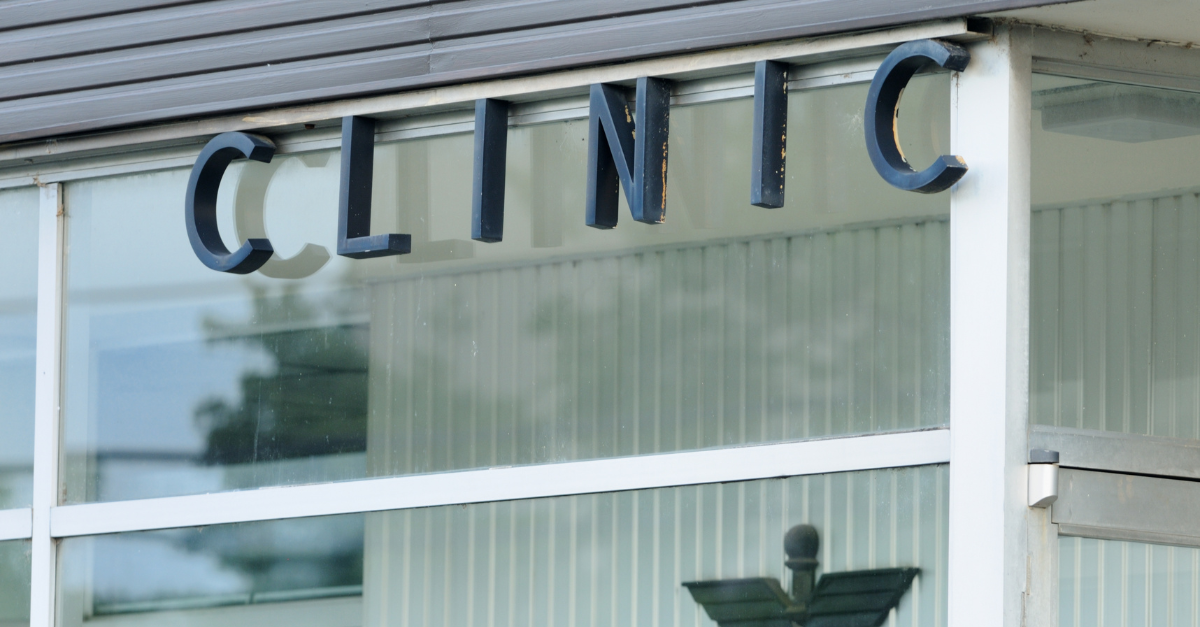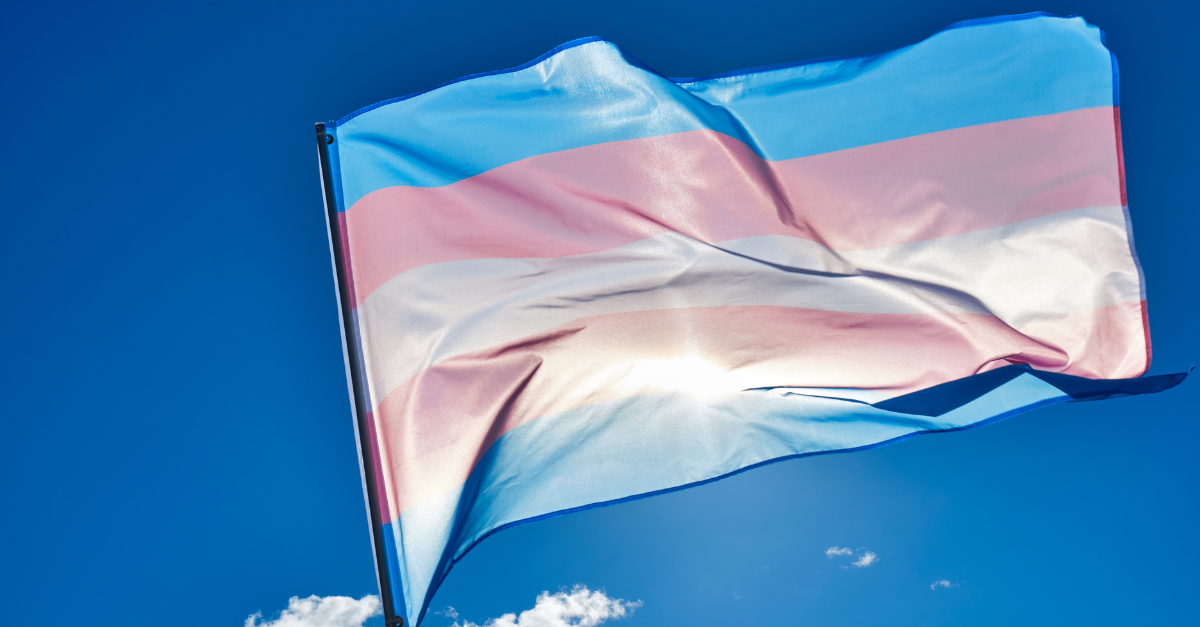NAWL Joins NWLC Amicus Brief in 5th Circuit Opposing Discriminatory Sex-Based Scheduling Policy
AUGUST 18, 2023 -- UPDATE: On August 18, 2023, the full Fifth Circuit Court of Appeals, sitting en banc, overruled the decision made by a three-judge panel in Hamilton v. Dallas County and eliminated the requirement that actionable claims of adverse employment decisions under Title VII must involve an “ultimate employment decision.” For decades, the Fifth Circuit limited liability for employers under Title VII disparate treatment claims to “ultimate employment decisions,” like hiring, firing, promotion, or pay. In this ruling, the court recognized that the text of Title VII contains no such limitation, and instead clearly allows for liability for other discriminatory decisions. The court further ruled that an employee’s work schedules—which in this case, were restricted so women could not take full weekends off—are “quintessential” terms and conditions of employment. The plaintiffs, nine female detention service officers, are now free to demonstrate that the scheduling policy put in place by Dallas County illegally discriminated against them based on sex.
MAY 21, 2021 -- NAWL is proud to join the National Women’s Law Center, along with the ACLU Women’s Rights Project, the ACLU of Texas, our pro bono partners at Katz, Marshall & Banks, and 40 organizations committed to women’s and civil rights, in filing an amicus brief in the 5th Circuit in support of nine Black women working at the Dallas County Jail. The Jail had instituted a policy wherein schedules were restricted by sex—women working at the Jail were not allowed to schedule off the full weekend, but men were allowed to take off both Saturday and Sunday. The County is arguing that the sex-based scheduling policy does not violate Title VII because it does not affect job duties, compensation, or benefits. Our amicus brief details why this policy is sex discrimination under Title VII and the harm to all women—particularly women of color and women with caregiving responsibilities—that occurs when employees are denied the ability to control their work schedules. Read the brief>>





